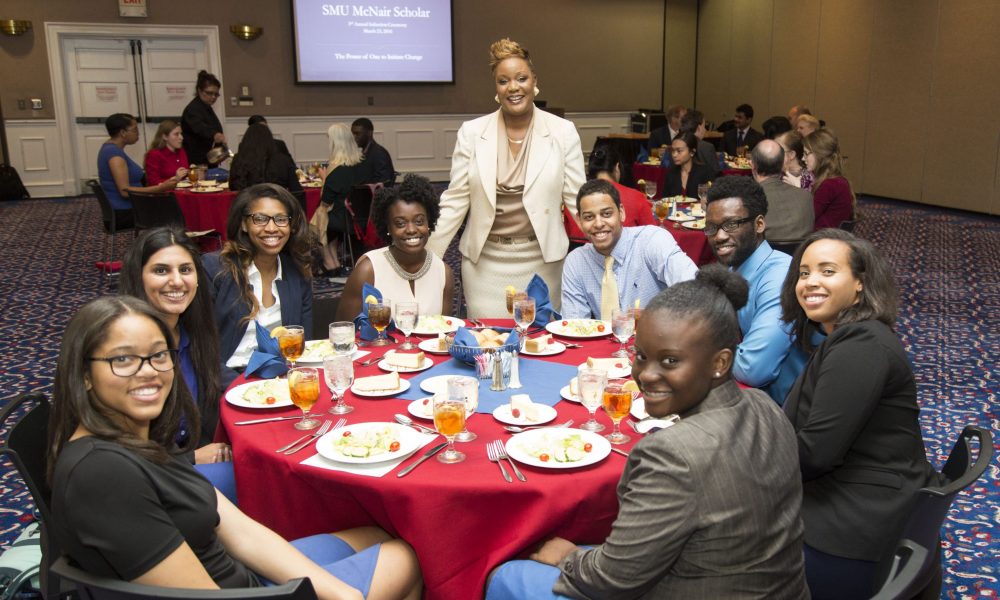

Today we’d like to introduce you to Dr. Amber Jo Banks.
Certain stereotypical notions are associated with a special education student graduating from a senior high school reading on a six-grade level. The mind conjures certain images of an African American woman raised on the east side of Austin, Texas and in a single parent home. Doctor of Philosophy, university professor, research analyst, director and dean of education programs, are probably not among the thoughts that spring to mind but Amber Jo has always defied the expectations.
Has it been a smooth road?
I was often ridiculed on the basis of being in special education classes, how I looked, how I spoke, and how I connected with others. Instead of feeling small about oneself and feeling disappointed in front of the challenges of life, one should always have self-belief. It’s all about our outlook, our perspective on life that builds our foundation during the tough times.
It is also about perseverance, hard work, ambition, and rising from the east side of Austin, Texas in a period of history which was still coping to accept the Civil Rights movement and gender equality, discrimination, racial segregation, to my career in higher education working as a university administrator and later community-outreach worker. Today my life is a saga of struggles and fortitude.
My advice for young women is: There is no shortcut to success. It’s really about hard work, choices, and persistence. You may not always have a comfortable life and you will not always be able to solve all of the world’s problems at once, but don’t ever underestimate the importance you can have, because history, has shown us that courage, can be contagious and hope can take on a life of its own.
So let’s switch gears a bit and go into University and College Educational Institutions story. Tell us more about the business.
Amber J Banks, Ph.D. is an innovative educator and thinker, a leader devoted to reforming education for underserved, low-income, first-generation minority students and mass incarceration individuals. Her background in human development, academic, scholarly work, and outreach to the education community has enabled her to deliver visionary leadership to propel colleges, universities, correctional adult and juvenile facilities toward greater visibility and impact. She provides learning methods based on rigorous, scholarly, research-based skills that promote transformative practices in education which prepares students for graduate work, research, academic and professional careers. In addition, she’s led STEM college education programs, STEM education centers, and has served on numerous colleges, universities’ steering, curriculum, research, a global initiative, and Council of Education committee boards.
Her scholarly interests and extensive experience has not only proactively supported all facets of the learning environment from student relationships between instructional strategies, to student outcomes but has also demonstrated her commitment and efforts to bridge the gap between education institutions, community-based education and support services for students in colleges, universities, and correctional education in adult facilities.
A former Program Director of Southern Methodist University, Amber’s strategic leadership partner with the community to improve education opportunities for under-served, minority young people. Prior to SMU, she served as Associate Dean for academic programs at Paul Quinn College, Virginia College and associate professor of adult learning at Concordia University and Austin Community College. Amber J Banks holds a Ph.D. in Higher Education from Texas A&M University-Commerce and a Master of Science in Sociology and Human Development.
Do you have any advice for finding a mentor or networking in general? What has worked well for you?
When searching for a mentor it is important to base your selection on the mentor knowing what the mentee expects to accomplish, why, and how it aligns with the mentee’s personal goals for the project and/or career. Assess Yourself ~ what are your own interests, skills, knowledge areas, and personal attributes? Be able to speak about yourself with enthusiasm and confidence (note: there is a difference between confidence and arrogance!). It is also important to research information about your potential contact and his/her field.
Have a plan and decide what information you hope to obtain from your contact and create a list of questions you would like to have answered.
The number one thing to remember is that mentoring requires a substantial time commitment and the willingness and ability to take on a mentoring role – there are no shortcuts. Mentoring requires a combination of passion, responsibility, and patience.
Also, networking in general and what has worked well for me is, simply put, building strategic alliances. It’s not contacting everyone you know to find out if they know of any job openings, but rather a more proactive approach of gathering information about a particular company, career field, graduate school or even a geographic location long before your actual job search begins. Many positions are filled by word-of-mouth and referrals. So, the old saying has been true, “It’s not just who you know, it’s who knows you”. Keep in mind that you are 3-4 times more likely to get the job if you know someone in that company.
Contact Info:
- Email: amberjbanks@icloud.com

- Facebook: https://www.facebook.com/amber.j.banks.9
- Twitter: https://twitter.com/amberjobanks
https://www.youtube.com/watch?v=IwukUBnrpq0&feature=youtu.be
MLK Community Service




Image Credit:
Kevin Gaddis Jr. Photography
Getting in touch: VoyageDallas is built on recommendations from the community; it’s how we uncover hidden gems, so if you know someone who deserves recognition please let us know here.












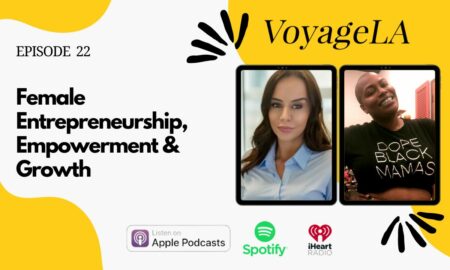
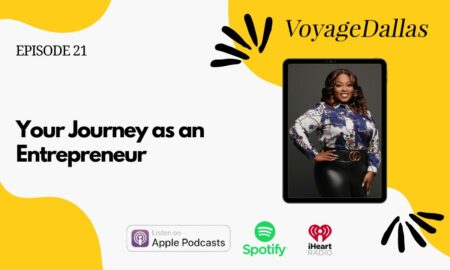
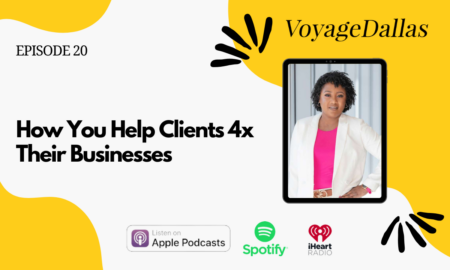
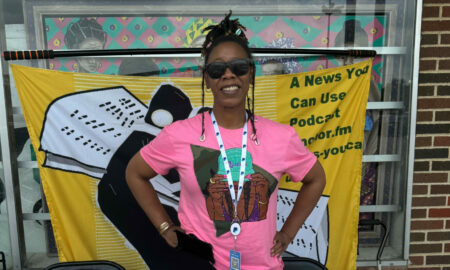
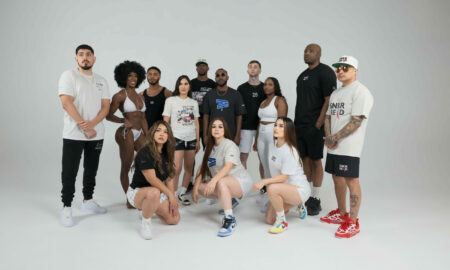
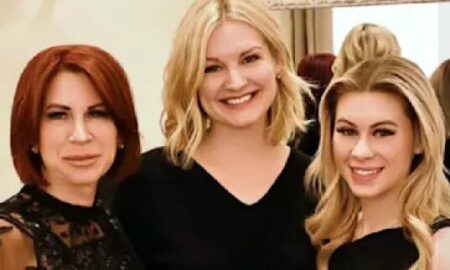
Deborah Williams
July 15, 2018 at 8:14 am
Excellent article. Wise directive on mentor and mentee relationships. Greet encouragement and model for families with special education uniqueness.